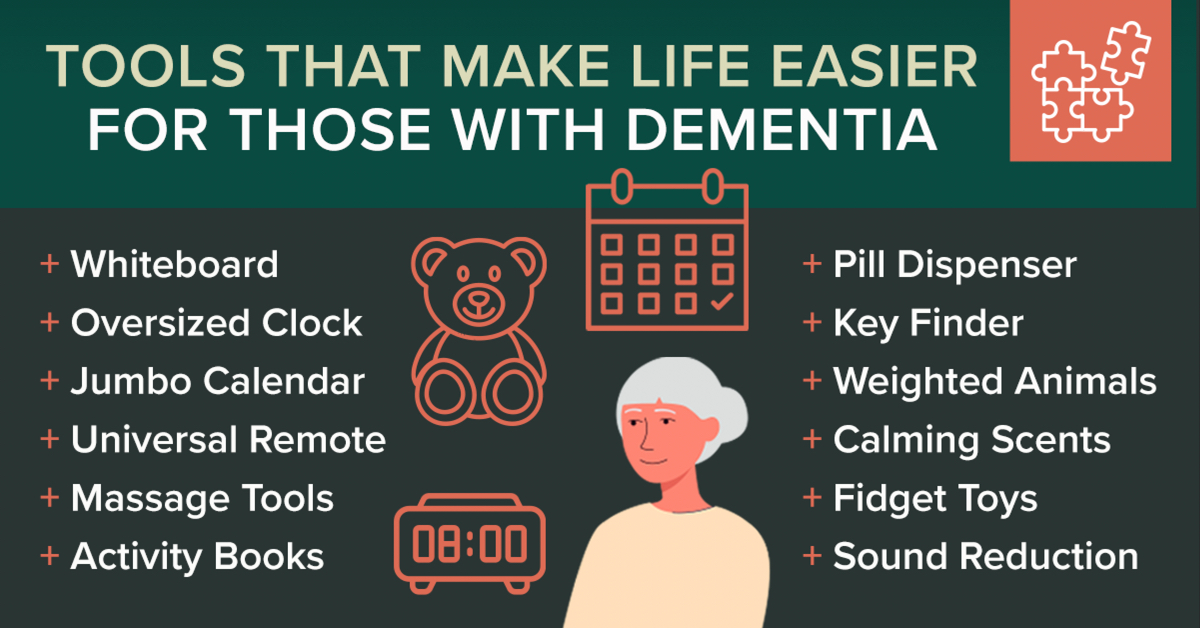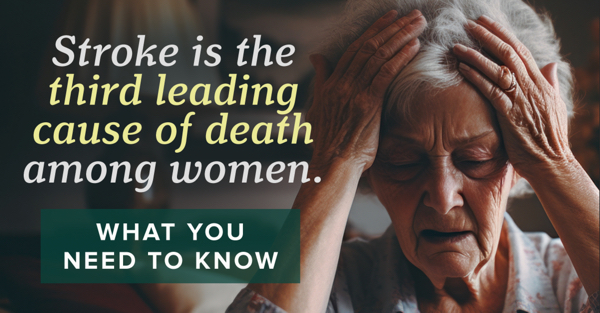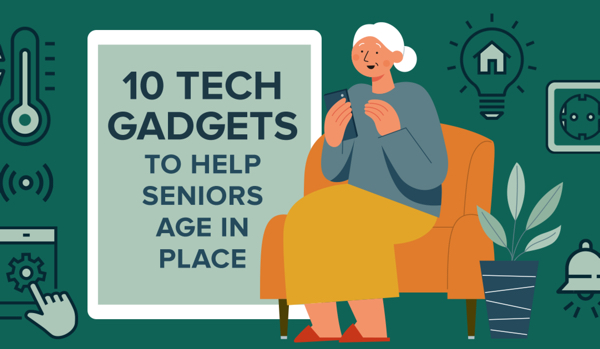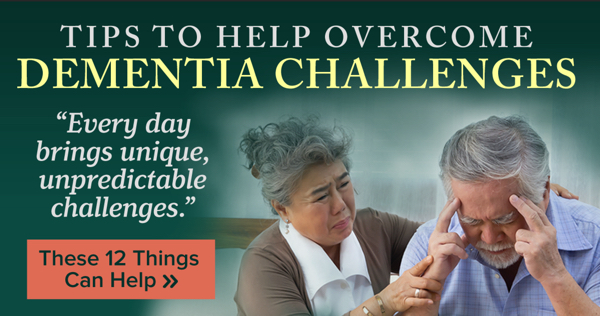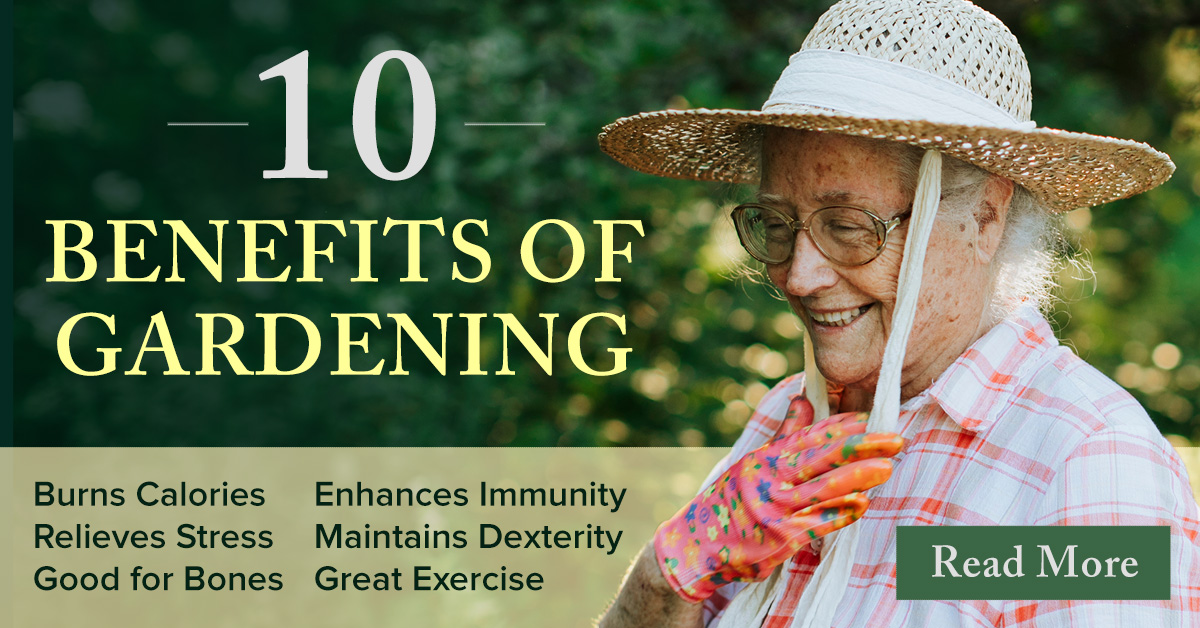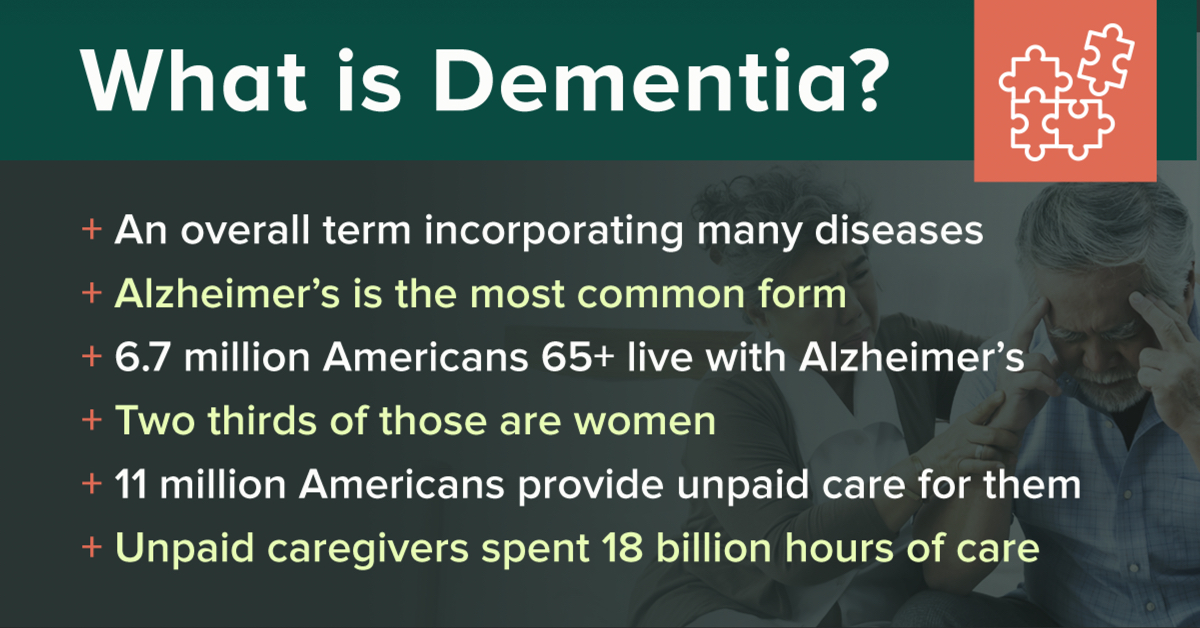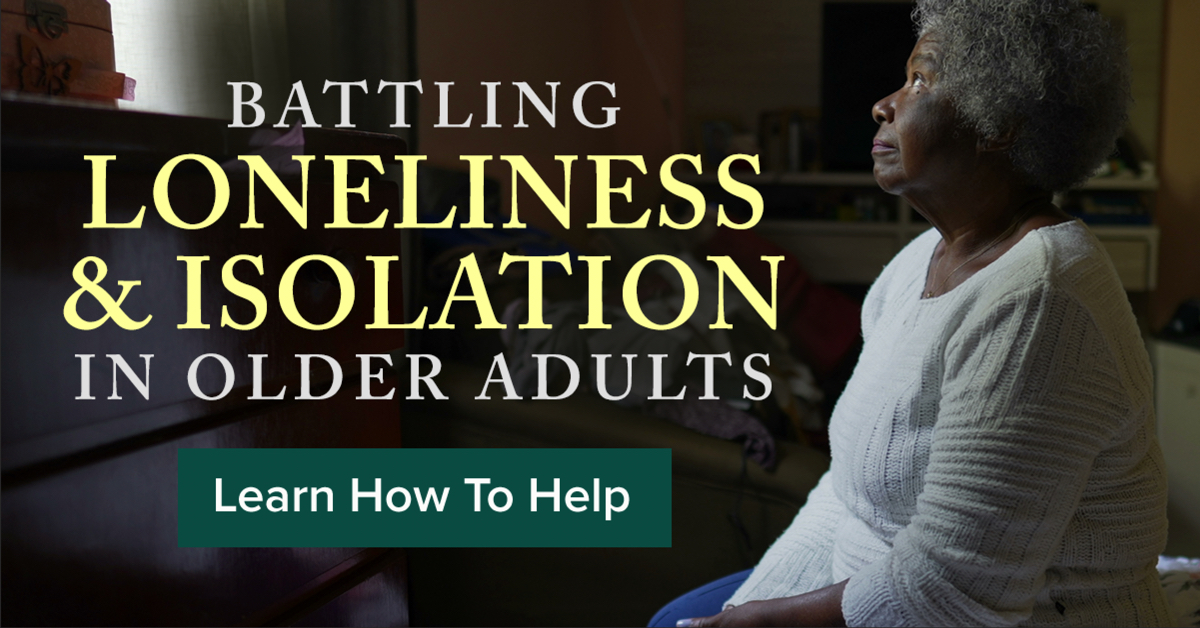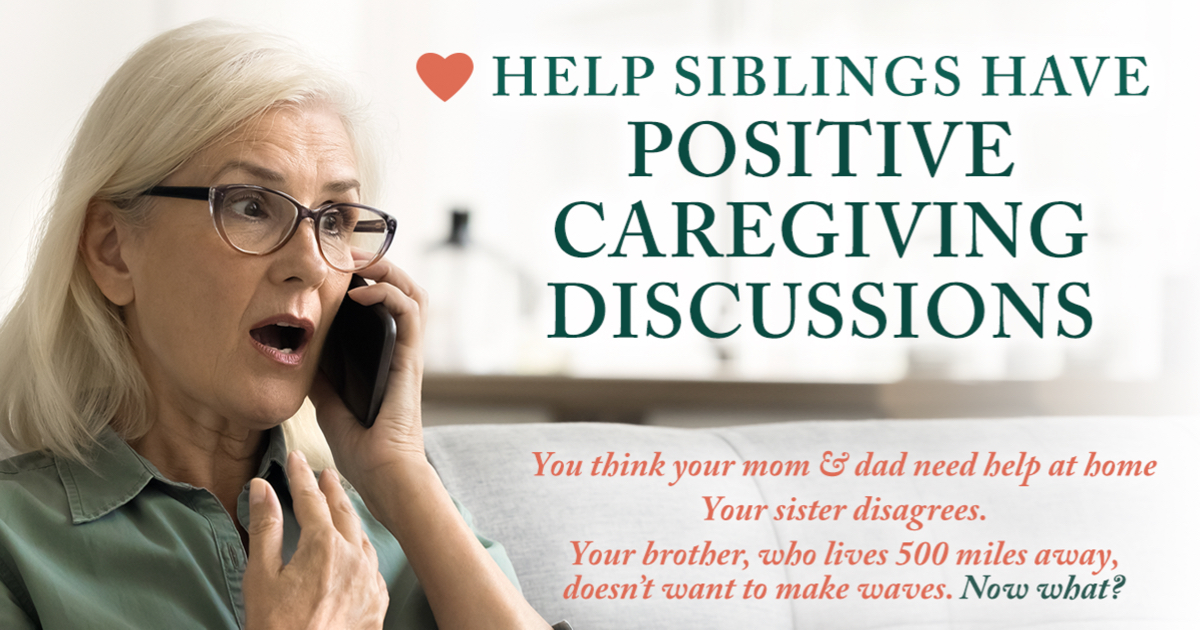You think your mom and dad need help at home.
Your brother, who lives 500 miles away, doesn’t want to make waves.
“Sibling relationships can be complicated – especially when it comes to caring for aging parents. They may be in denial, have differing opinions or varying degrees of concern, which can make it difficult to agree on what’s best for mom and dad,” said Austin Blilie, Chief Operating Officer at Trail Ridge Home Care’s parent organization, ABHM. “But, uncomfortable or not, there will come a time when everyone will need to come together to make important caregiving decisions.”
Below are tips to help you and your siblings overcome common communication challenges, so you can successfully navigate your senior care journey.
Start talking when your parents are still healthy. It’s hard to make good decisions when you’re stressed. If you don’t talk about important caregiving issues until there’s a hospitalization or other crisis, emotions will likely impact the decision-making process.
Make sure you know what your parents want. Have your parents chosen who will have power of attorney? Do they have medical directives? Is there an estate plan in place? Knowing the answers to these and other questions will jump-start planning and help you make important decisions.
Include everyone and talk face-to-face. Schedule a time when everyone can participate – taking advantage of technology, if it’s not possible to meet in person. Face-to-face meetings will allow you to pick up on body language and other non-verbal cues that will help you communicate more clearly.
Create an agenda. Ask everyone to submit items for discussion, such as financials responsibilities, household tasks and transportation needs. If you have specific concerns, take notes and document all evidence that shows your parents need help.
Share the load. One of you will likely be the primary caregiver, but it’s unfair and unhealthy for one sibling to try and do everything. Talk about your strengths, determine who will do what, and create a schedule that works for everyone.
Avoid falling into childhood roles. Don’t let old family dynamics derail your discussions – especially when they shift all of the burden to “the responsible one” or discount “the baby’s” contributions.
Let everyone share thoughts and ideas. No matter what your siblings say, let them talk until they’ve finished their thoughts. If they’ve been respectful to you, give them the same courtesy.
Keep it civil. It’s okay to disagree, but keep the conversation civil. If it devolves into an argument, nothing will get solved.
Enlist help, when needed. If there are gaps in your care plan, ask for help. Friends, the relatives, church groups and area offices on aging might be able to pitch in when you or your siblings aren’t available. Tudor Oaks Home Care’s professional caregivers can also help – whether it’s just for a few hours a week or round the clock care.
“All of us at Trail Ridge Home Care understand the challenges that come with caring for aging loved ones,” Blilie said. “We will work closely with all family members to develop a customized care plan that meets your family’s needs. From companionship to personal and dementia care, we are committed to helping you care for your loved ones – while giving everyone much needed peace of mind.
For more information about services that can help your senior loved ones age safely in their homes, visit TrailRidgeHomeCare.com
